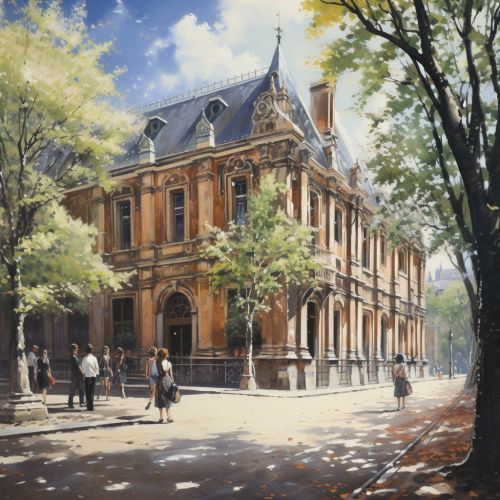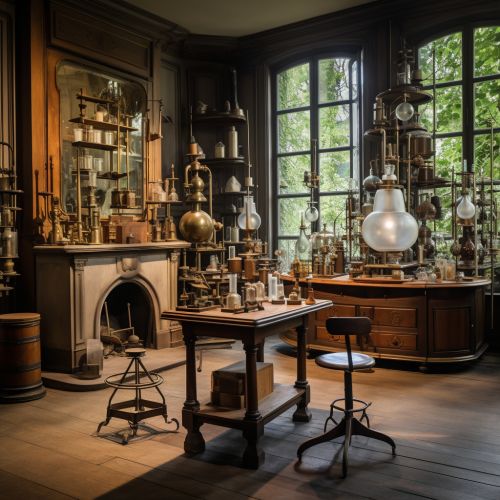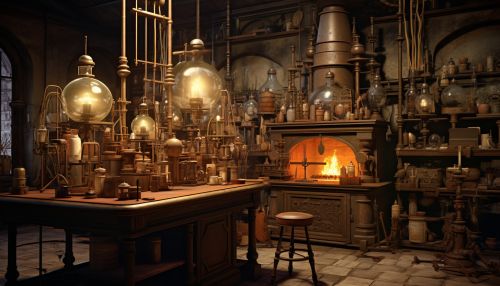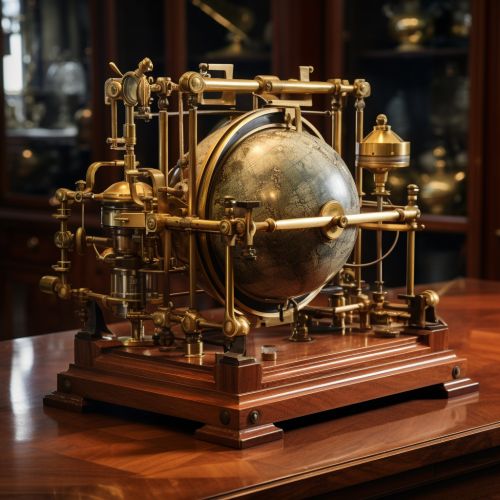Antoine César Becquerel
Early Life and Education
Antoine César Becquerel was born in Châtillon-Coligny, France, on March 8, 1788. He was the son of a prosperous farmer and showed an early interest in the natural sciences. Becquerel attended the Polytechnic School in Paris, where he studied physics and chemistry. After graduating, he continued his studies at the School of Mines, focusing on mineralogy and geology.


Career and Contributions to Science
Becquerel began his career as an engineer in the French mining industry. However, his interest in the natural sciences led him to pursue a career in academia. He was appointed as a professor of physics at the National Museum of Natural History in Paris in 1837.
Becquerel's research focused on the properties of light and electricity. He is best known for his work on electrolysis, a process that uses an electric current to induce a chemical reaction. Becquerel's experiments on electrolysis contributed to the development of the laws of electrolysis, which are fundamental to modern electrochemistry.
In addition to his work on electrolysis, Becquerel also conducted research on the photoelectric effect, a phenomenon in which light can cause an electric current to flow in a material. His experiments on the photoelectric effect laid the groundwork for the development of quantum mechanics in the 20th century.
Becquerel's contributions to science extended beyond his own research. He was a prolific writer, publishing numerous scientific papers and books. His most notable work is his "Treatise on Electricity and Magnetism," which is considered a classic in the field of physics.


Personal Life and Legacy
Becquerel married Louise-Jeanne Breton in 1814. They had three children, including Henri Becquerel, who would go on to win the Nobel Prize in Physics for his discovery of radioactivity. Antoine César Becquerel died in Paris on January 18, 1878.
Becquerel's legacy in the field of science is significant. His research on electrolysis and the photoelectric effect has had a profound impact on the development of modern physics and chemistry. His work laid the foundation for many of the technological advancements of the 20th century, including the development of the battery and the photovoltaic cell.


